Leadership skills can be learnt through personal experiences, past mistakes or form observing and studying leaders around us. All great leaders throughout history share certain common skills and competencies which helped them lead great movements and bring about change with innovative ideas. Learning from their examples, we too can cultivate these leadership capabilities within ourselves.
Here is a look at some of world’s renowned leaders and the leadership skills that make them great:
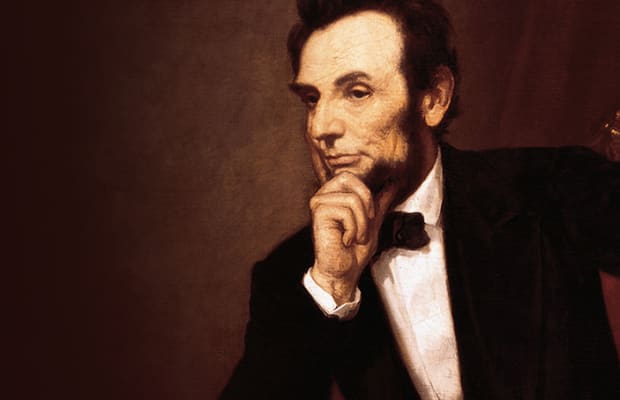
Abraham Lincoln 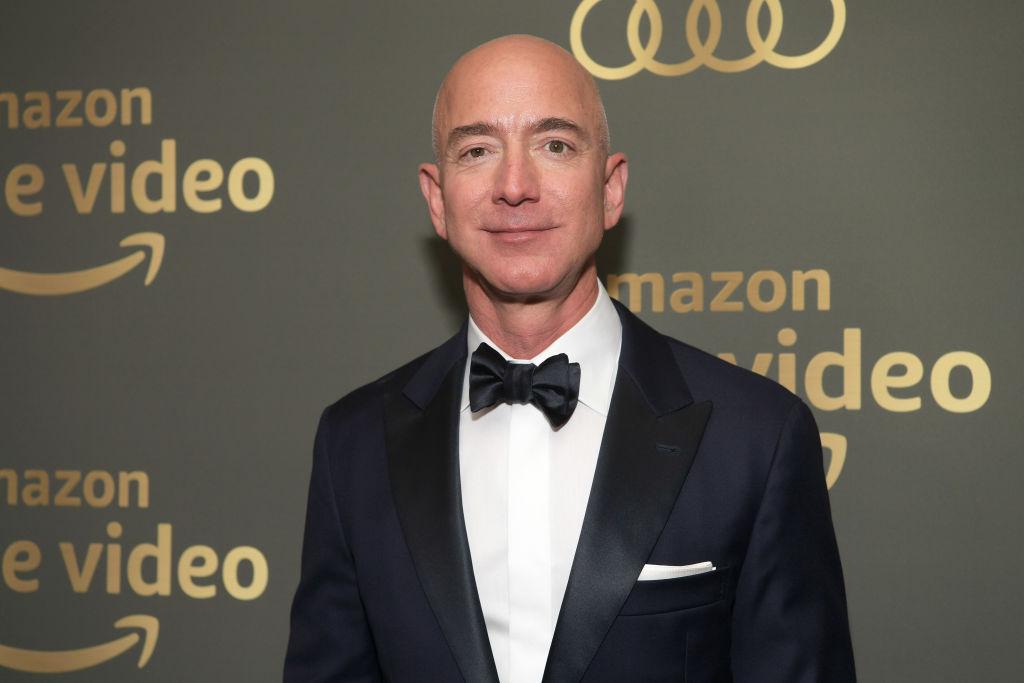
Jeff Bezos 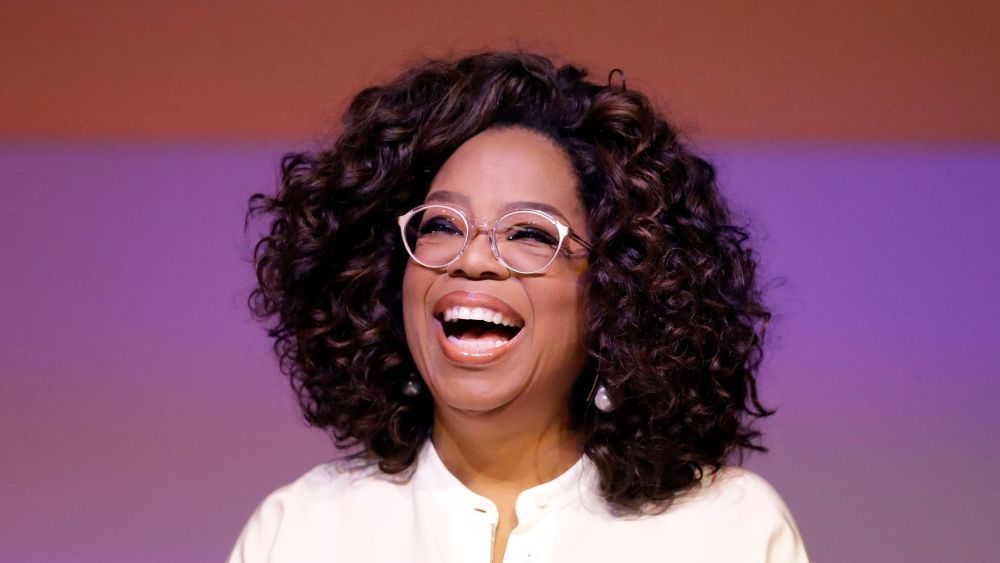
Oprah Winfrey 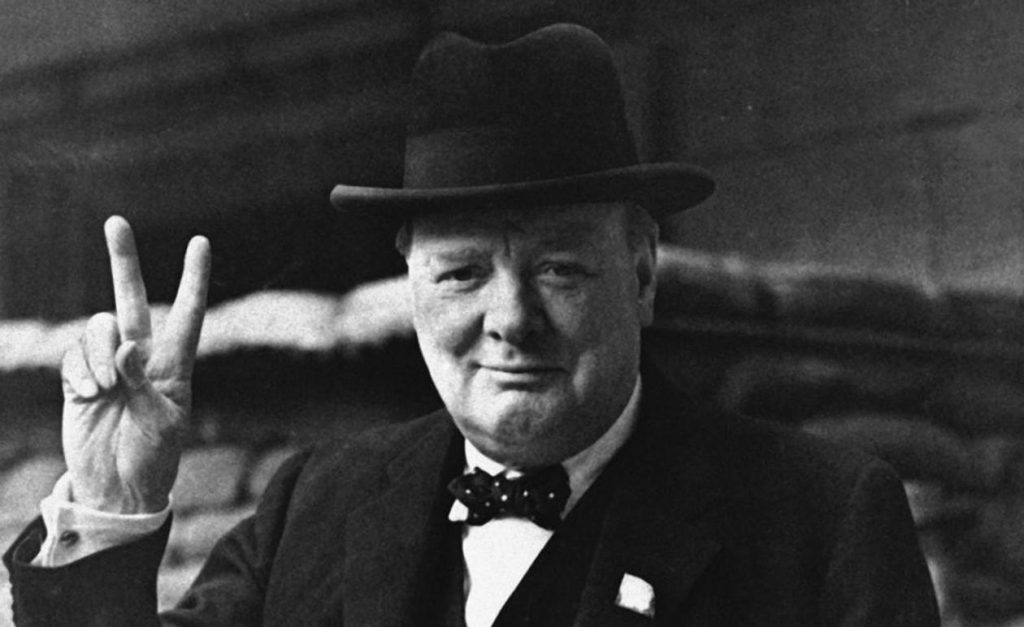
Winston Churchill 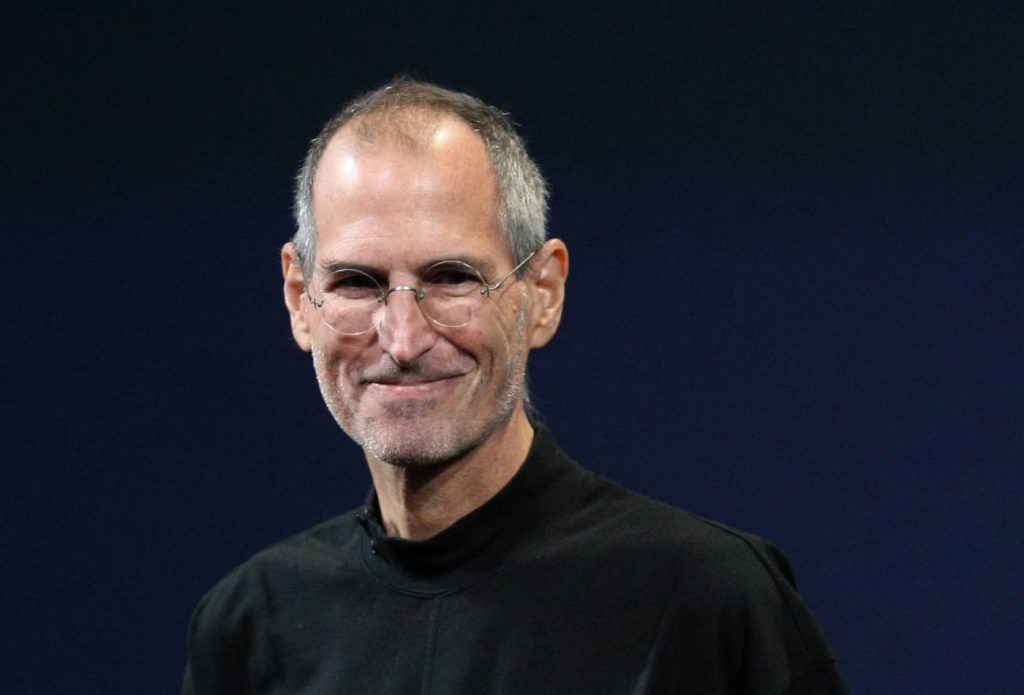
Steve Jobs
- Jeff Bezos – Believing in a Vision: The founder and CEO of Amazon, is well known for his visionary insight, turning an idea about e-commerce nearly 20 years ago into one of the world’s most admired company. But his vision is truly defined by his goals of transforming customer purchase experience. With innovations at Amazon like Amazon Kindle Unlimited etc., along with his personal projects like Blue Origin, a human spaceflight company, and his purchase of The Washington Post, Jeff Bezos is changing the way business/e-commerce will impact communication amongst people. His ability to imagine a future is a reminder that great leaders believe in bold visions of the future.
- Abraham Lincoln: The 16th President of USA, Abraham Lincoln, also known as the man of iron & steel, is most celebrated for his role in uniting the nation during Civil War and fighting to end slavery in US. His leadership has exemplified determination and shown that great leaders must remain persistent, even when others do not believe in this vision. Despite being steadfast in his vision, Lincoln was also open to criticism and debate. He empowered his leadership through dialogue with the people and used the opinion of others to self-correct mistakes. Receiving feedback is therefore essential for the development of social skills and learning of soft skills. Abraham Lincoln – Powerful Persistence and Acceptance of Criticism: “Always bear in mind that your own resolution to succeed is more important than any other.”
- Oprah Winfrey – Valuable Networks: During a time when women were not readily embraced in the entertainment industry, from earnest beginnings, Oprah Winfrey created an empire. Best known for her internationally acclaimed show, The Oprah Winfrey Show, which has won multiple Awards and has been called the most successful daytime TV program, Oprah has received Golden Globe and Oscar nominations for her movie role and has successfully launched her own network – OWN: The Oprah Winfrey Network – in January 2011. Her popularity and influence is a reminder that great leaders surround themselves with individuals who embody their values and are also striving for success.
- Winston Churchill – Communication: Serving as the prime minister of the U.K. during World War II, Winston Churchill portrayed various leadership skills, most prominent of which was communication. He knew what he was talking about, he knew his audience, and he made sure his audience could understand what he was saying. Nobody likes to be lectured so he used humor in his speeches to keep his audience’s attention. Further, his approachable personality ensured that people were open and honest with him.
- Steve Jobs – Innovation: Jobs was the entrepreneur and inspiration behind the success of Apple and Pixar Studios. He firmly believed that innovators change the game rules to reinvent industries. He continuously searched for opportunities to develop new products which were technically complex yet simple to use, from Mackintosh to iPads, iTunes software and the iTunes Store, iPhones and then Cloud computing. He often ignored reality and pursued the impossible; he pushed employees to be confident and think out of the box. Interestingly, Jobs described himself through the famous Think Different ads which he helped write: “While some see them as the crazy ones, we see genius. Because the people who are crazy enough to think they can change the world are the ones who do.”
As aspiring leaders, it is critical that we take the time to reflect and assess our own, capabilities and habits and identify how we can develop and practice these skills in our specific leadership situation.
References:
Etienne, Toussaint. “10 Leadership Lessons From Inspiring Leaders In History.” Lifehack, Lifehack, 21 Aug. 2014, www.lifehack.org/articles/productivity/10-leadership-lessons-from-inspiring-leaders-history.html.
Isaacson, Walter. “The Real Leadership Lessons of Steve Jobs.” Harvard Business Review, Apr. 2012, hbr.org/2012/04/the-real-leadership-lessons-of-steve-jobs.
Kalla, Susan. “10 Leadership Tips from Steve Jobs.” Forbes, Forbes Magazine, 6 Feb. 2015, www.forbes.com/sites/susankalla/2012/04/02/10-leadership-tips-from-steve-jobs/#52012b9d667f.
“Winston Churchill Biography.” Leadership Lime, www.leadershiplime.com/winston-churchill-biography.
– Written for LEADIN
